Embarking on an RV adventure promises freedom, discovery, and boundless experiences. Yet, amid the thrill of the open road, unexpected emergencies can occasionally disrupt the journey. Being prepared for unforeseen situations while on the road is an essential aspect of RV travel that every adventurer should prioritize. In this guide, we'll explore how to navigate and effectively deal with emergencies while traveling in your RV.
1. Prioritize Safety
When faced with an emergency, the safety of yourself, your passengers, and others on the road should always be the top priority. Here's how you can ensure safety during emergencies:
- Stay Calm: Maintain composure and avoid panic, allowing you to think clearly and take appropriate actions.
- Emergency Kit: Equip your RV with a well-stocked emergency kit containing first aid supplies, flashlights, batteries, a fire extinguisher, basic tools, and essential medications.
- Emergency Contact Information: Have a list of emergency contacts readily available, including roadside assistance, local authorities, and medical facilities along your route.
2. Vehicle-Related Emergencies
From flat tires to engine troubles, vehicle-related issues are common on the road. Here's how to handle them:
- Basic Maintenance Skills: Familiarize yourself with basic vehicle maintenance tasks, such as changing a tire or checking engine fluids.
- Regular Inspections: Conduct routine checks on your RV's tires, brakes, engine, and other critical components before embarking on your journey.
- Roadside Assistance: Subscribe to a reliable roadside assistance service to provide prompt help in case of breakdowns or mechanical issues.
3. Medical Emergencies
Health emergencies can occur unexpectedly. Here's how to be prepared:
- First Aid Training: Consider taking a first aid/CPR course to acquire essential life-saving skills.
- Medical Supplies: Ensure your RV is equipped with a comprehensive first aid kit that includes bandages, medications, and emergency medical supplies.
- Emergency Response Plan: Develop a plan for handling medical emergencies, including knowing the locations of nearby medical facilities and how to communicate with emergency services.
4. Weather and Natural Disasters
Inclement weather or natural disasters can pose significant challenges. Here's how to navigate these situations:
- Weather Alerts: Stay updated on weather forecasts along your route and be prepared for sudden changes in weather conditions.
- Evacuation Plan: Have a plan in place in case you encounter severe weather or natural disasters, including evacuation routes and safe locations.
5. Communication and Assistance
When in an emergency situation, communication and seeking assistance are crucial:
- Cellular Connectivity: Ensure you have reliable cell phone reception or consider investing in a satellite phone for remote travel.
- Notifying Authorities: In case of emergencies requiring immediate assistance, contact local authorities or emergency services.
Conclusion
While it's impossible to predict every emergency, being prepared and knowing how to respond can make a significant difference. By prioritizing safety, acquiring necessary skills and supplies, and staying informed, you can navigate emergencies with confidence and minimize their impact on your RV journey.
Do you have any personal experiences or additional tips for handling emergencies on the road? Share your insights in the comments below to help fellow travelers prepare for the unexpected!
Safe travels and prepared adventures await!


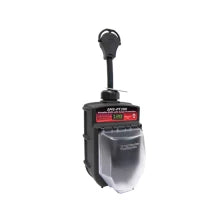

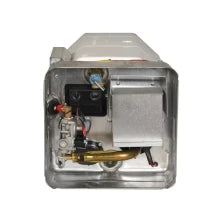
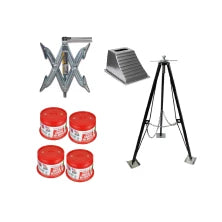
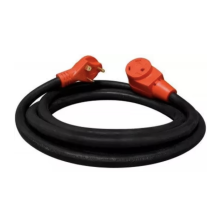
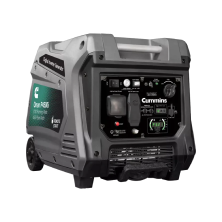




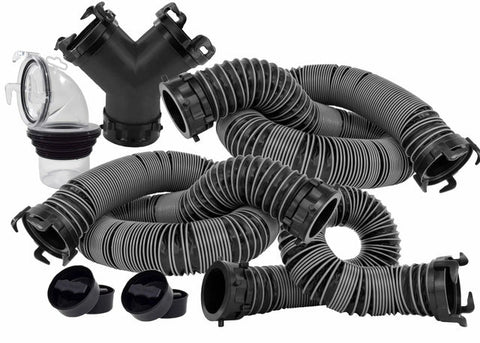

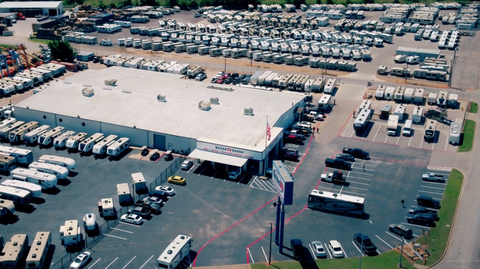
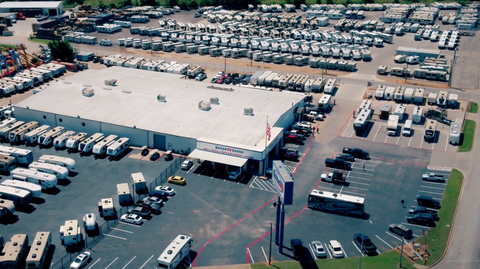
Comments (0)
There are no comments for this article. Be the first one to leave a message!